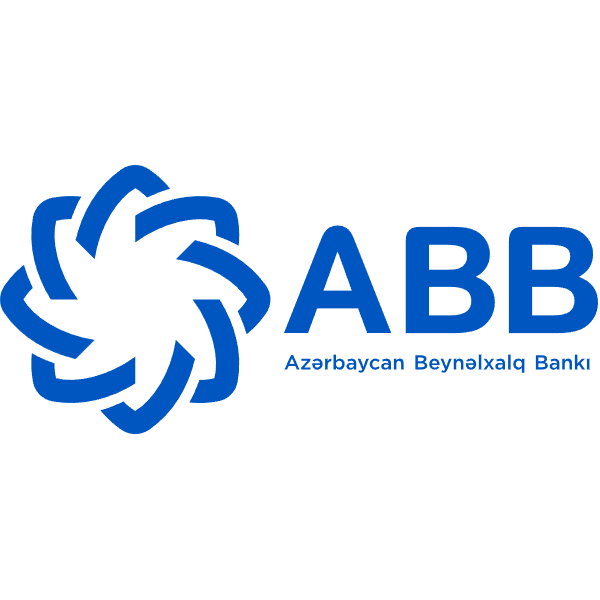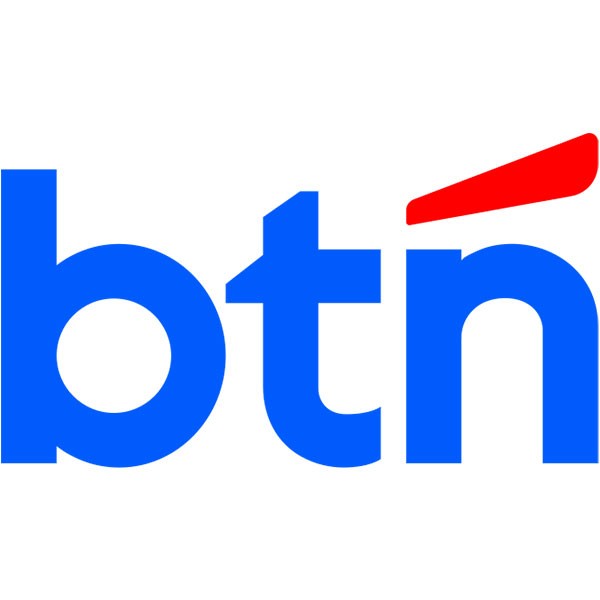Name &
BackgroundFull Name & Background: Bank Indonesia was founded in 1953 and is headquartered in Jakarta, the capital of Indonesia. As Indonesia's central bank, Bank Indonesia's main responsibilities are to maintain the stability of the country's financial system and provide monetary policy support. The bank is directly owned and supervised by the Indonesian government and is a state-owned bank. As Indonesia's central bank, Bank Indonesia is not publicly listed and its operations are fully controlled by the Indonesian government.
Shareholder Background: As the national bank of Indonesia, Bank Indonesia's shareholders are exclusively the Indonesian government, so it does not involve private shareholders or other international investors.
Coverage
Areas: Bank Indonesia operates nationwide and cooperates with central banks and financial institutions of other countries around the world. Its influence in the global financial market, especially in Southeast Asia, has an important position. Bank Indonesia's work focuses on maintaining the stability of Indonesia's currency and the health of its financial system.
Number of offline branches and distribution of ATMs: As a central bank, Bank Indonesia does not directly provide day-to-day retail banking services, so there are no offline branches and ATM services like commercial banks. Its main functions are concentrated in formulating monetary policy, supervising the financial system, and managing the country's foreign exchange reserves.
Regulatory & Compliance
Regulators: Bank Indonesia is directly regulated by the Indonesian government. Its responsibilities and functions include the formulation of monetary policy, the regulation of the financial system, and the stability of the banking system. In addition, Bank Indonesia maintains close cooperation with government departments such as the Indonesian Financial Services Authority (OJK) and the Indonesian Ministry of Finance.
Deposit Insurance Program: Bank Indonesia itself does not provide deposit insurance services as this task is handled by the Indonesian Financial Services Company (LPS). The Indonesian Deposit Insurance Corporation guarantees the safety of deposits in Indonesian banks.
Recent Compliance Record: As a central bank, Bank Indonesia strictly adheres to international regulatory standards and actively conducts compliance reviews and reports. In recent years, the Indonesian government has stepped up its supervision of financial stability, and Bank Indonesia has made an important contribution in maintaining the stability of the financial system.
Key Indicators ofFinancial Health
: As a national-level central bank, Bank Indonesia's financial health cannot be directly compared with that of traditional commercial banks. Its main focus is on key financial indicators such as capital adequacy ratio, liquidity, etc., which are usually set by the government to ensure the stability and security of the country's financial system. Bank Indonesia maintains high foreign exchange reserves and ensures sufficient liquidity in the domestic financial market.
Deposit & Loan ProductsAs
Bank Indonesia is a central bank, it does not provide deposit and loan products directly to the public. Its main role is to set monetary policy, adjust interest rates, and ensure the stability of Indonesia's banking system. Commercial banks and financial institutions provide specific savings and loan products in accordance with their policy guidance.
List of Common Fees
Account Management Fees: As a central bank, Bank Indonesia does not charge personal account management fees. Its function is mainly to guide other commercial banks to formulate relevant fee standards through regulatory policies.
Transfer Fee: Bank Indonesia does not involve day-to-day fund transfers, so there is no transfer fee. However, it regulates the payment clearing system within Indonesia's banking system to ensure the efficiency and security of the payment system.
Overdraft Fee vs. ATM Interbank Withdrawal Fee: Similarly, since Bank Indonesia is not an institution that provides retail banking services, it does not involve the issue of overdraft fee or ATM interbank withdrawal fee. These fees are set by commercial banks subject to compliance with relevant government regulations.
Digital Service Experience
App and Online Banking: Bank Indonesia itself does not provide a dedicated mobile banking app or online banking service for individual customers. Its main digital services are the provision of payment systems, banking regulatory tools, and digital services related to monetary policy to other financial institutions. For example, its official website provides information services on Indonesia's monetary policy, foreign exchange market data, and more.
Core Functions: Bank Indonesia is not involved in providing account management or financial transaction services for individual users, and its digital tools are more focused on the transmission of monetary policy and the regulation of financial markets.
Technological Innovation: Bank Indonesia is committed to the advancement of fintech, especially in digital currency and blockchain technology. In recent years, it has done a lot of research on central bank digital currencies (CBDCs) with the aim of driving fintech innovation in Indonesia.
Customer Service Quality
Service Channels: Bank Indonesia mainly serves the public and financial institutions through its official website and hotline. It doesn't have round-the-clock live chat like a commercial bank. Its main role is to provide guidance and policy support to Indonesia's financial system.
Complaint Handling: As a national financial regulator, Bank Indonesia has a strict process for handling complaints from the public and financial institutions. Its key objective is to maintain transparency and impartiality in the financial markets and to ensure the stability of the financial system.
Multi-language support: Bank Indonesia's official website and services support multiple languages, mainly Bahasa Indonesia and English, in order to meet the needs of domestic and foreign users.
Security
MeasuresFunds Security: Bank Indonesia does not directly manage individual deposits, so its main focus is on financial stability at the national level. For example, it guarantees the security and stability of the entire financial system by managing foreign exchange reserves and supervising commercial banks.
Data Security: As a government agency, Bank Indonesia strictly adheres to data protection and privacy regulations. It is also working to promote a national-level financial data security system to ensure the protection and security of financial market data.
Featured Services and
Differentiated Market Segments: Bank Indonesia's distinctive services are mainly reflected in the regulation of the financial markets. It promotes the healthy functioning of Indonesia's financial system by setting and implementing monetary policy, supervising financial institutions, and providing market liquidity support.
High Net Worth Services: As a central bank, Bank Indonesia does not provide dedicated private banking services to high net worth clients. Its main function is to ensure the stability of the country's financial system and macroeconomic health.










